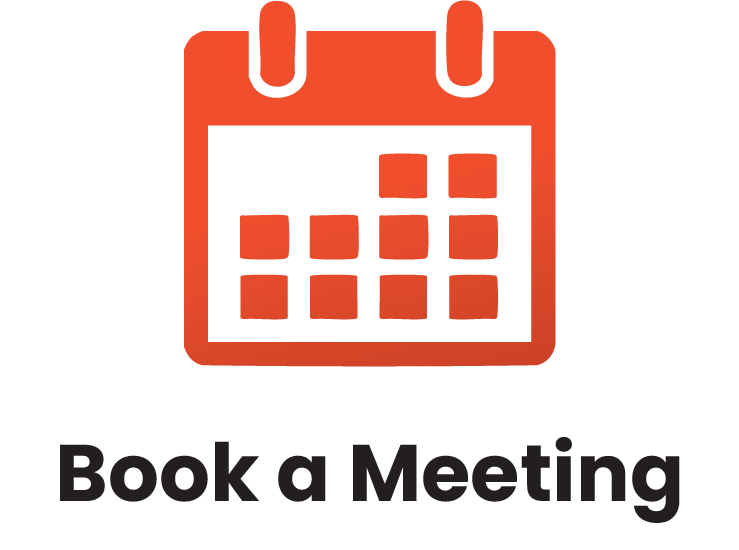
Change Management: Change and How to Deal With It
Change is something that excites people who love opportunities for growth, to see and learn about new things, or who like to shift the status quo. Some changes, however, are harder to adjust to and lead to expressions of resistance and anger. We can take concrete steps to make change more palatable by understanding people’s hesitation, enlisting the help of others, setting up plans, and managing stressors. These steps can also ensure that desired changes are implemented successfully.
In this one-day workshop, you will learn how to manage and cope with change and how to help those around you too.
Interactive training sessions led by experienced facilitators.
There is no cost to explore options.
Let's Get Started
Online Learning
Enjoy our self-paced option and learn from anywhere!
$199.00 USD
LEARNING OBJECTIVES
Learning Objectives
This course will help teach participants how to:
- Accept there are no normal or abnormal ways of reacting to change, but that we must start from where we are.
- See change not as something to be feared and resisted but as an essential element of the world to be accepted.
- Understand that adapting to change is not technical but attitudinal. Change is not an intellectual issue but one that strikes at who you are.
- Recognize that before we can embrace the way things will be, we must go through a process of grieving, and of letting go of the way things used to be.
- See change as an opportunity for self-motivation and innovation.
- Identify strategies for helping change be accepted and implemented in the workplace.
Let's Get Started


COURSE OUTLINE
What is Change?
To begin the day, we will discuss some basics of change, including definitions and examples.
The Change Cycle
During this session, we will explore the three phases of William Bridges’ change cycle: beginnings, endings, and transitions.
The Human Reaction to Change
This session will look at Daryl Conner’s interpretation of the human response to change through lecture and small group work.
The Pace of Change
In this session, we will look at how different people react to change in different ways and at different times through a lecture and a case study.
A Four Room Apartment
This session will explore change using Claes Janssen’s four room apartment model.
Dealing with Resistance
During this session, we will examine what resistance is and how we can overcome it to make change stick.
Adapting to Change
This session will discuss how to become resilient to change through a lecture, personal case studies, and group discussion.
Strategies for Dealing with Anger
Change often makes people feel angry. We will look at some ways of dealing with our own anger and the anger of others through lecture and small group work.
Managing Stress
Change can also make people feel stressed. During this session, participants will learn some stress management and relaxation techniques.














